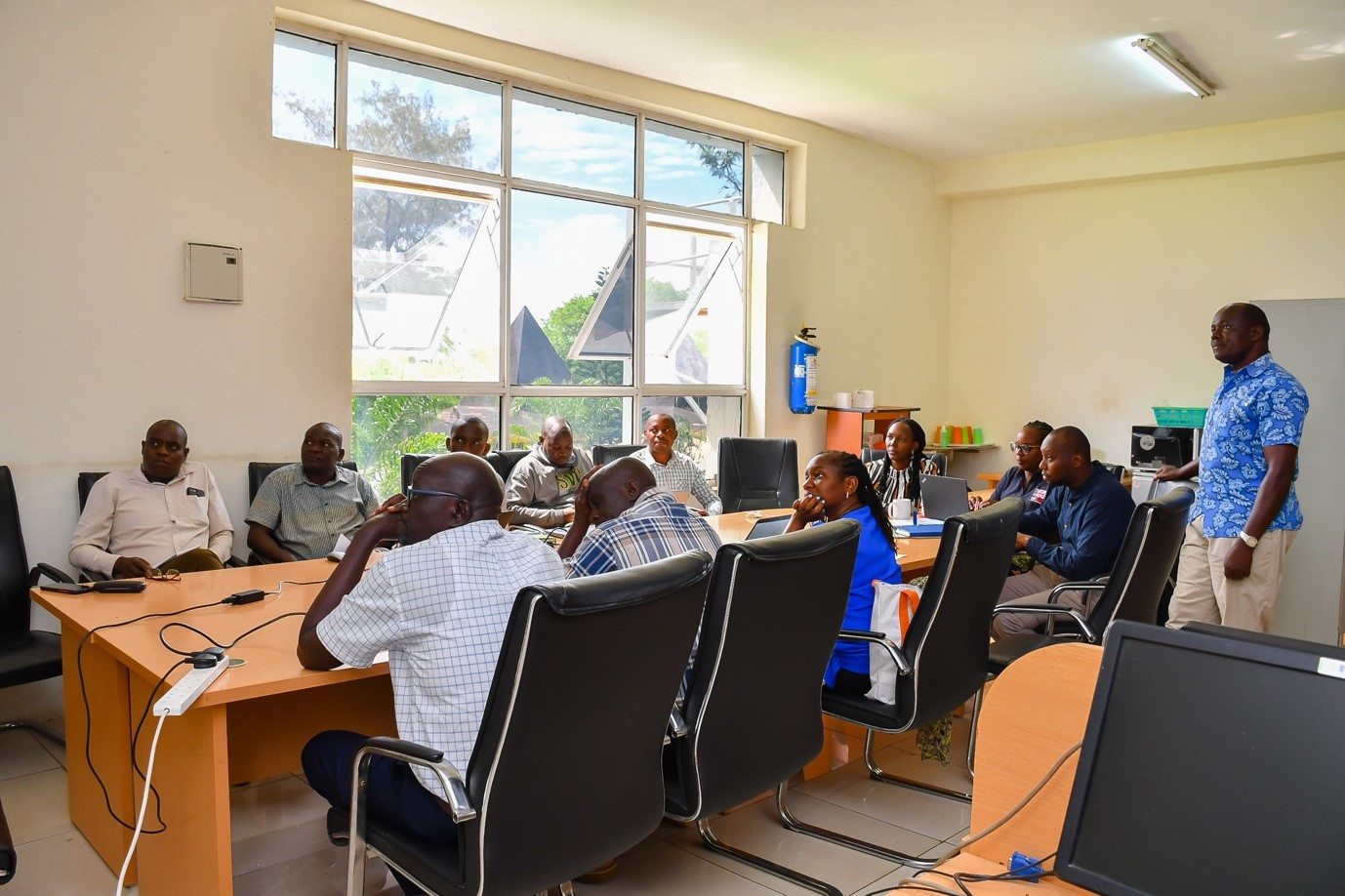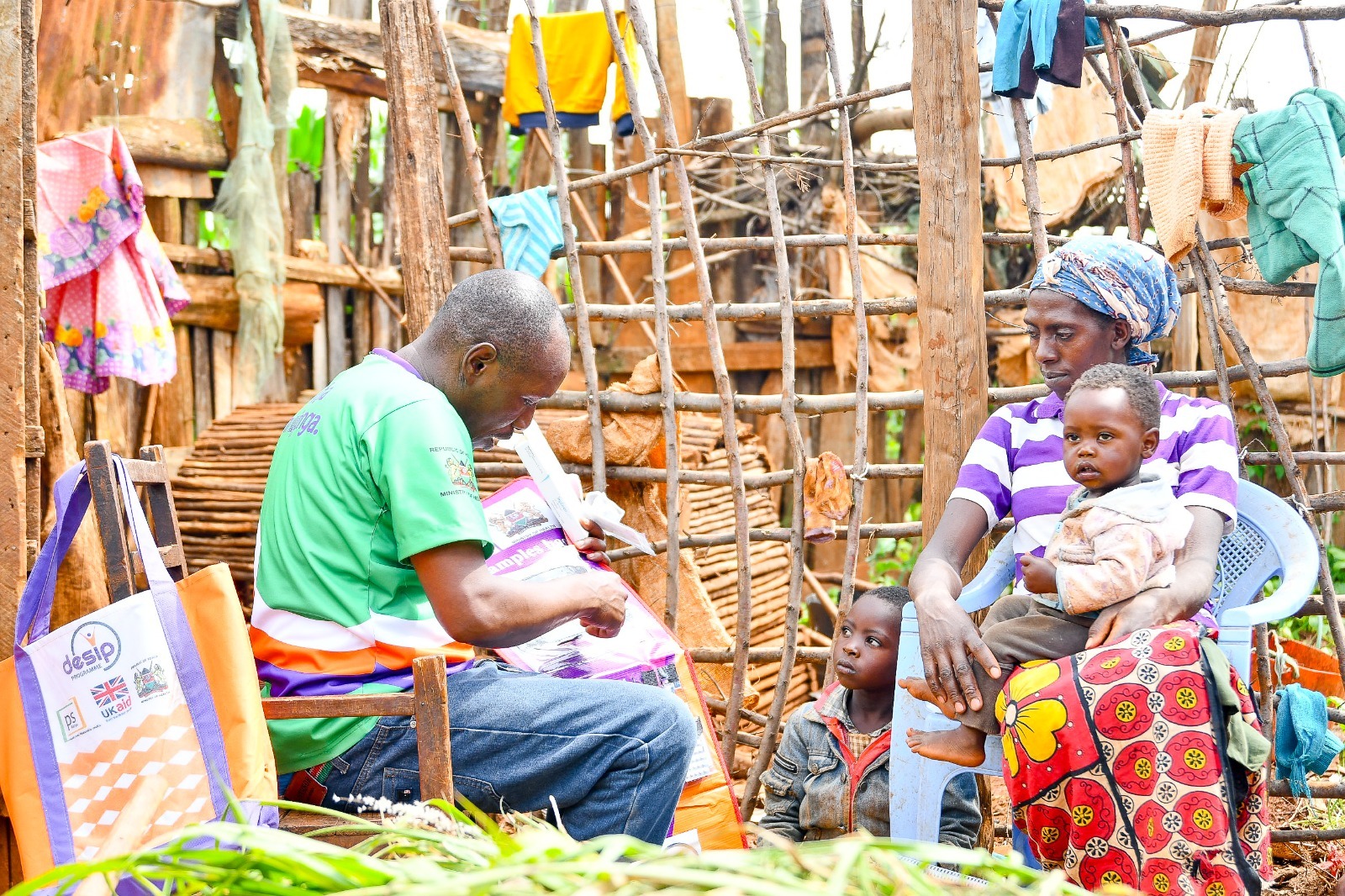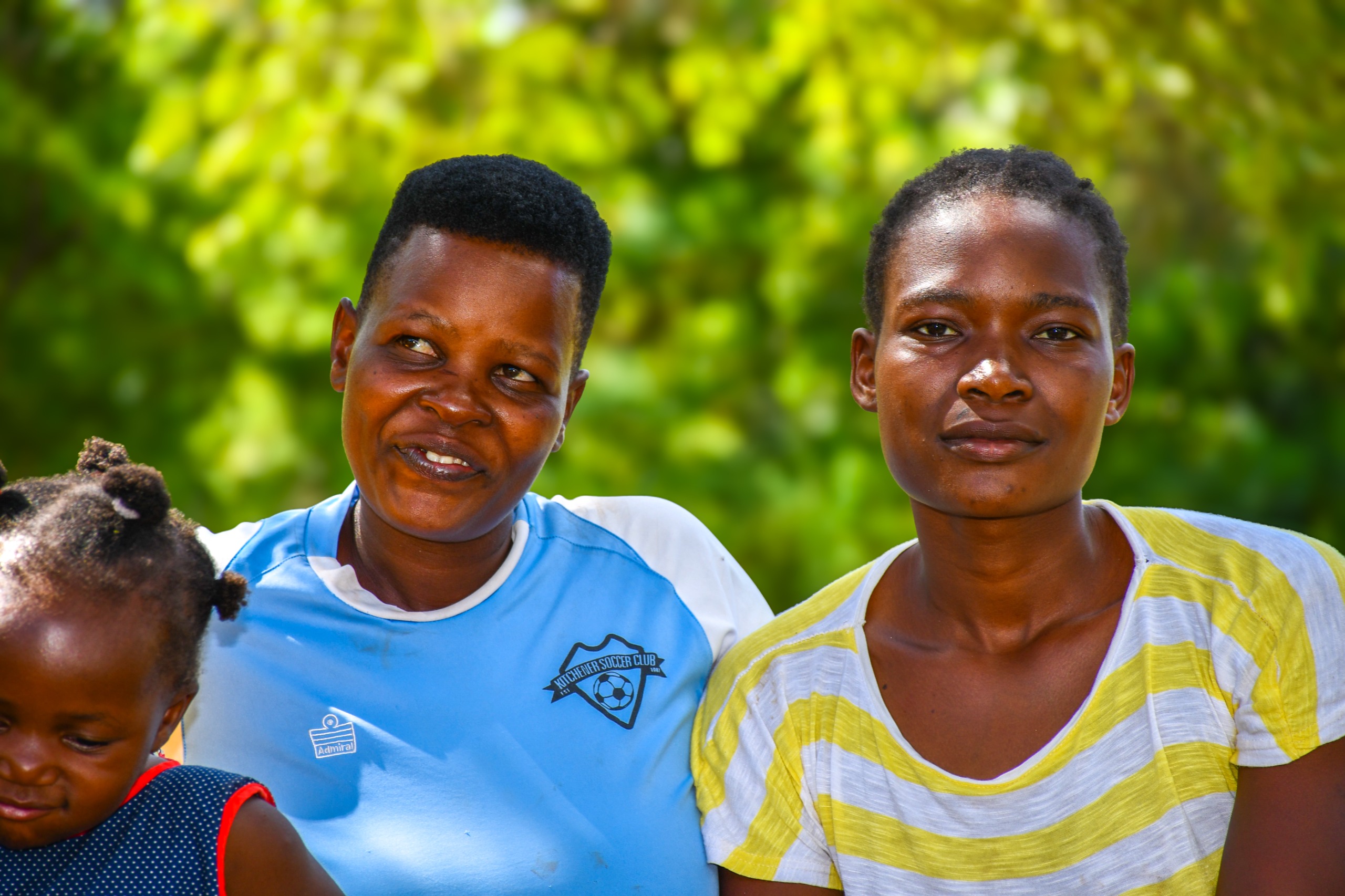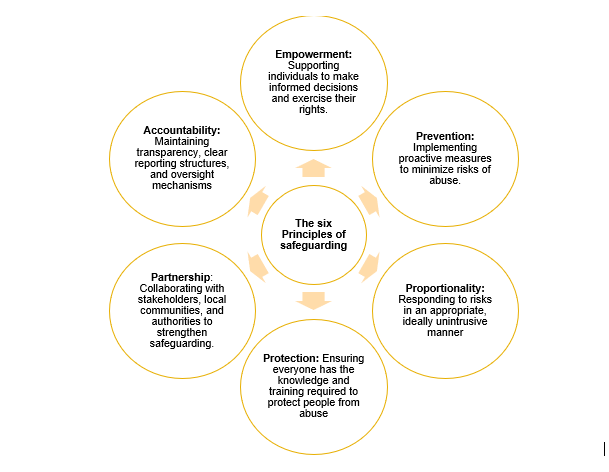PS Kenya’s DESIP Program, funded by UKAID aims to increase family planning uptake among poor rural women, adolescents, youth and people with disabilities in Kenya. DESIP is the largest family planning program in Kenya which is implemented in 12 counties. The program has reviews which happen every year and this year they were in Narok and Homabay counties.
DESIP program is in its fifth year of implementation and throughout the four years that the program has been running it has been of great impact in the community. The DESIP program targets counties whose modern contraceptive prevalence rate (MCRPR) ranges from 2% to 45%. We visited four facilities in Narok which were: Olchoro Health facility, Fountain Based Health Center, Narok Sub County Hospital and Mulot. These facilities were picked because they are not government facilities which means people are able to access services without pay. Mulot stood out because it was one facility that showcased male involvement in family planning.

Homabay county is one of the counties of focus for the DESIP program and among the counties of interest due to high number of unplanned pregnancies among young people, including those with disabilities and poor rural women among them women with disabilities. In Homabay, the FCDO and PS Kenya team visited several facilities in the county which included; Homabay Referral Hospital, Rangwe Sub County Hospital and St Teresa Nagoya which is a faith-based organization. In St. Teresa Nagoya Hospital the DESIP program conducted support supervision and advised on some structural adjustments which included building of wheel chair ramps and permanent and movable ramps. This makes it easy to get around with a wheel chair and access all facility departments. With the inception of the DESIP program, there has been an effort to work towards eradicating negative perceptions among both health care providers and the community at large to enable inclusion of persons with disabilities to ensure they can access and use sexual and reproductive health services including family planning.
Each facility that the FCDO and PS Kenya team visited was grateful for the implementation of the program in their facility. Since through the program they were able to help manage teenage pregnancies, help people with disabilities and even assist people who have been assaulted. They were able to achieve some of these things by having a toll-free number which GBV victims can easily access. The community health volunteers also played a major role in educating young girls about the benefits of using family planning methods. However, despite the success stories they also experienced some challenges which included: commodity stockouts, shortage of skilled work force and inadequate family planning equipment.
As DESIP is in its fifth and final year it aims to collaborate with other existing partners in the county for Technical Working Groups (TWGs) and commodity redistribution e.g. A360 and Accelerate project. It also looks forward to uphold ethical practice and data protection in all health facilities. The Foreign, Commonwealth & Development Office (FCDO) is a department of the Government of the United Kingdom. As one of the key Donors in Kenya and equivalent to other countries’ ministries of foreign affairs, FCDO was created on 2nd September 2020 through the merger of the Foreign & Commonwealth Office (FCO) and the Department for International Development (DFID).



